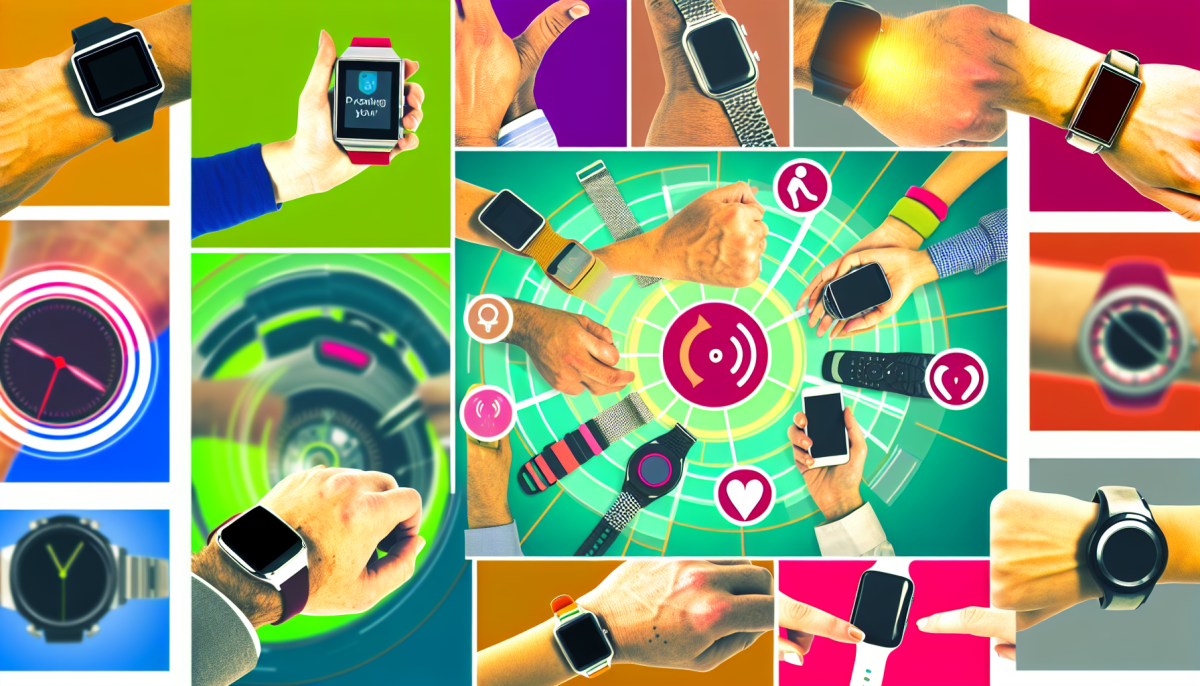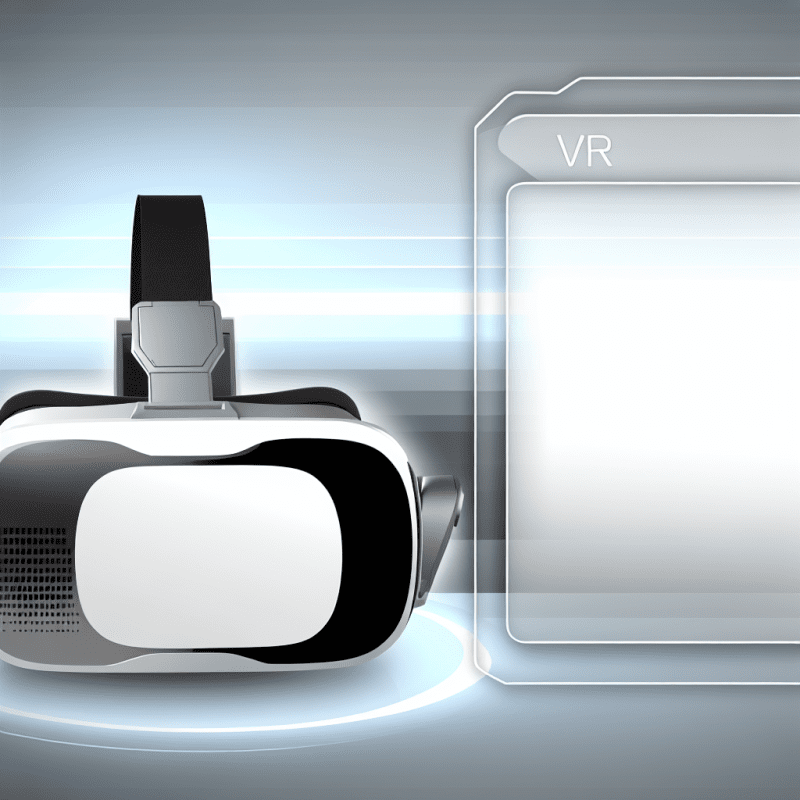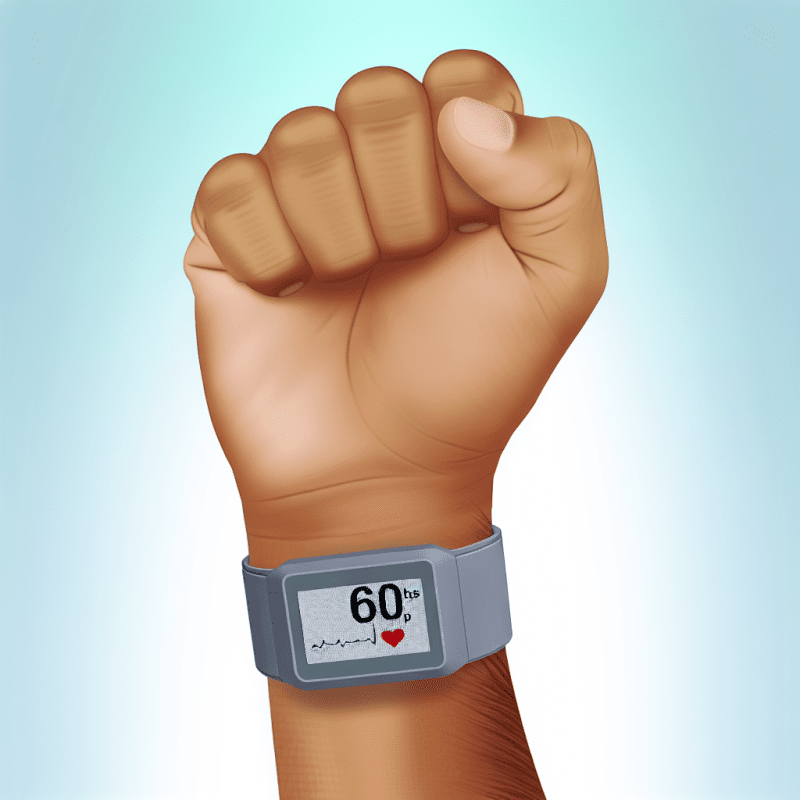When choosing a smart watch, it's essential to consider the features that will best suit your lifestyle. Some popular smart watch features can greatly enhance your day-to-day activities, making them an excellent investment. From fitness tracking to notifications, here are some features to look for when selecting your device.
One of the most sought-after features is fitness tracking. Many smart watches come equipped with heart rate monitors, step counters, and sleep tracking capabilities. These features help you keep an eye on your health and fitness goals. Whether you're looking to lose weight or simply maintain a healthy lifestyle, a watch that tracks your activity can be a powerful motivator.
Another important feature is smartphone notifications. Staying connected on the go is crucial for many people, and smart watches allow you to receive messages, calls, and app alerts right on your wrist. This means you can quickly check your notifications without constantly pulling out your phone, making it easier to stay focused throughout your day.
Battery life is also a key consideration. Some smart watches boast several days of battery life, while others may require daily charging. Depending on your usage and how often you’re willing to recharge, you'll want to find a balance that fits your needs. Additionally, many smart watches offer interchangeable bands and customizable watch faces, allowing for personalization and style.
Lastly, look for smart watches with compatibility across various operating systems. This ensures that regardless of whether you have an iPhone or Android device, your smart watch can seamlessly integrate with your smartphone. With so many options available, choosing a smart watch tailored to your preferences can significantly elevate your everyday experiences.
Different Types of Smart Watches Explained
Smartwatches have become popular gadgets that combine technology and fashion, making our lives a bit easier. With various types available, it can be tricky to know which one suits your needs best. Let’s break down the different types of smartwatches you might encounter:
First up, we have fitness smartwatches. These are designed for those who want to track their workouts, monitor heart rates, and analyze sleep patterns. They often come with built-in GPS and various workout modes, so whether you're running, cycling, or swimming, you'll get accurate stats on your performance. Examples include devices from brands like Fitbit and Garmin, which focus heavily on health and exercise tracking.
Next, there are hybrid smartwatches. These watches combine traditional analog designs with smart features. They offer basic notifications and health tracking while maintaining a classic look, appealing to those who might find full touchscreen smartwatches a bit too modern. These devices often have long battery life, so you won’t need to charge them as frequently!
Another popular type is the full-feature smartwatches. Brands like Apple and Samsung lead the way in this category. These watches come equipped with a range of features, including apps, music storage, and even the ability to take calls or reply to messages directly from your wrist. They usually require a smartphone to get the most out of their capabilities, but they provide a miniaturized smartphone experience on your wrist.
Last but not least, we have specialized smartwatches. Some watches are tailored for specific activities, such as diving, hiking, or tactical use. These might include features like water resistance for deep-sea adventures or additional sensors to monitor altitude and pressure. They cater to enthusiasts looking for performance in challenging environments, ensuring you're well-prepared for your next adventure!
Choosing the Right Smart Watch for You
When it comes to choosing the right smartwatch, it’s important to consider your lifestyle and what features will benefit you the most. Are you an avid runner who needs accurate fitness tracking? Or perhaps you want a device that keeps you connected without constantly checking your phone? Identifying your primary use case can significantly narrow down your options.
Next, think about the compatibility of the smartwatch with your existing devices. Most smartwatches work best when paired with the same brand of smartphone. For instance, an Apple Watch seamlessly integrates with an iPhone, offering features like notifications, app access, and health tracking that are optimized for Apple users. Make sure to check compatibility to avoid any frustrating limitations.
Battery life is another critical factor to consider. Some smartwatches offer a longer battery life, lasting several days on a single charge, while others require daily charging. If you’re someone who often forgets to charge your devices overnight, opting for a watch with extended battery life could save you some hassle.
Finally, consider the style and comfort of the smartwatch. With a variety of designs, including sporty, classic, and even luxury options, it's easier than ever to find a watch that fits your personal style. Don’t forget to think about the fit; a comfortable watch will encourage you to wear it regularly, allowing you to fully benefit from its features.
Emerging Trends in Smart Watch Technology
Another significant trend is the development of stylish and customizable designs. Smart watches are no longer just bulky gadgets; they are becoming fashionable accessories. Many brands now offer options that allow users to change watch faces and straps easily. This personalization not only enhances the aesthetic appeal but also allows wearers to match their watches to their outfits or moods.
Interconnectivity with other devices is also on the rise. Smart watches are increasingly designed to work seamlessly with smartphones, home devices, and even fitness equipment. This interconnectedness allows users to receive notifications, control music, and manage smart home tasks directly from their wrists. This trend enhances convenience and makes the smart watch an essential tool for modern living.
Artificial intelligence is making its way into the smart watch realm as well. Some models are beginning to utilize AI to provide users with personalized insights and suggestions based on their activity and health data. This means that the watch can evolve with the user’s habits and preferences, offering tailored advice for better health and fitness outcomes.



